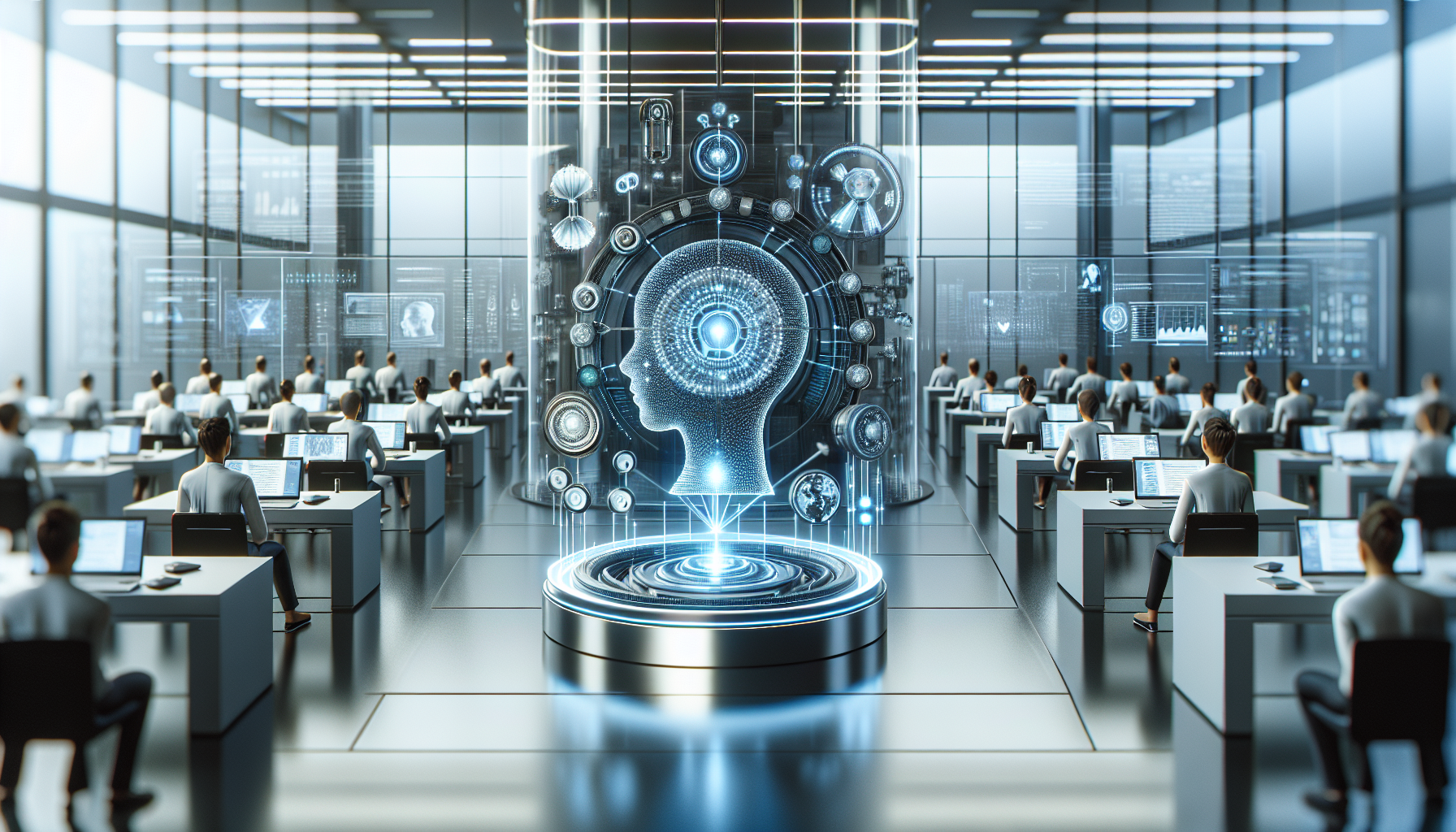
The Critical Role of Artificial Intelligence in Drug Discovery: A Case Study Analysis
April 7, 2025
Artificial intelligence (AI) is revolutionizing numerous sectors, with drug discovery and development standing out as one of the most transformative. This case study explores how AI is being leveraged to accelerate the drug discovery process, enhance accuracy, and ultimately, bring life-saving medications to market faster.
Imagine a world where the discovery of new drugs does not take decades but only a fraction of that time. This is not a distant dream but an emerging reality facilitated by AI. At the heart of this technological shift is the ability of AI to process vast amounts of data with a speed and precision that far exceeds human capabilities. This capability is pivotal in identifying potential drug candidates, predicting their efficacy, and optimizing their molecular structures.
One of the most illustrative examples of AI's role in drug discovery is its application in identifying novel compounds for treating complex diseases. Traditional methods of drug discovery involve high-throughput screening, where thousands of compounds are tested for activity against a target disease. This process is not only time-consuming but also costly. AI, on the other hand, employs sophisticated algorithms to analyze large datasets, predict interactions between molecules and biological targets, and prioritize the most promising candidates for further testing.
For instance, a renowned pharmaceutical company recently utilized AI to streamline its drug discovery pipeline. The company partnered with a leading AI firm specializing in deep learning algorithms to tackle a particularly challenging type of cancer. By feeding the AI system with vast datasets comprising genetic information, protein structures, and previous clinical trial outcomes, the system could identify potential drug candidates with a high probability of success. This approach reduced the initial screening pool from millions of compounds to a few hundred, significantly cutting down research time and resources.
AI's predictive capabilities extend beyond identifying potential drug candidates. It also plays a critical role in anticipating drug interactions and side effects, which are crucial factors in drug development. By analyzing historical data from previous drug trials and real-world patient outcomes, AI can predict adverse reactions and interactions with other medications. This predictive power enables pharmaceutical developers to modify compounds early in the development process, thus reducing the likelihood of costly late-stage failures.
The application of AI is not limited to the initial stages of drug discovery. It also enhances the efficiency of clinical trials, which are notorious for being lengthy and expensive. Through AI-driven simulations, pharmaceutical companies can better design trials, select optimal patient cohorts, and monitor outcomes in real-time. This leads to more robust data collection and a better understanding of a drug's efficacy and safety profile.
Despite the remarkable advancements AI brings to drug discovery, challenges remain. The integration of AI into existing workflows requires significant investment in infrastructure and a cultural shift within organizations. Moreover, the reliance on data-driven insights necessitates stringent data management and privacy protocols to ensure compliance with regulatory standards.
The ethical implications of AI in drug discovery also warrant consideration. Decisions driven by AI algorithms must be transparent and interpretable, especially when they impact patient health. Ensuring that AI systems are free from biases and that their predictions are grounded in scientifically valid methods is paramount to gaining trust from both the medical community and patients.
As AI continues to evolve, so too will its role in transforming drug discovery. The potential for AI to reduce the time and cost associated with bringing new drugs to market is enormous. However, the true impact of AI will be measured not just in economic terms, but in its ability to improve patient outcomes, extend lives, and enhance the quality of life for millions worldwide.
Could AI eventually take the lead in drug discovery, or will it always serve as a tool to augment human expertise? As the technology matures, the pharmaceutical industry faces an exciting, albeit challenging, future where collaboration between man and machine could unlock unprecedented medical breakthroughs.


